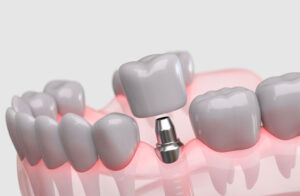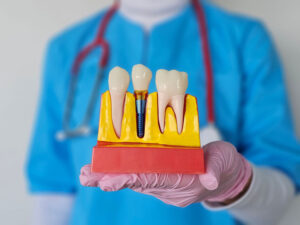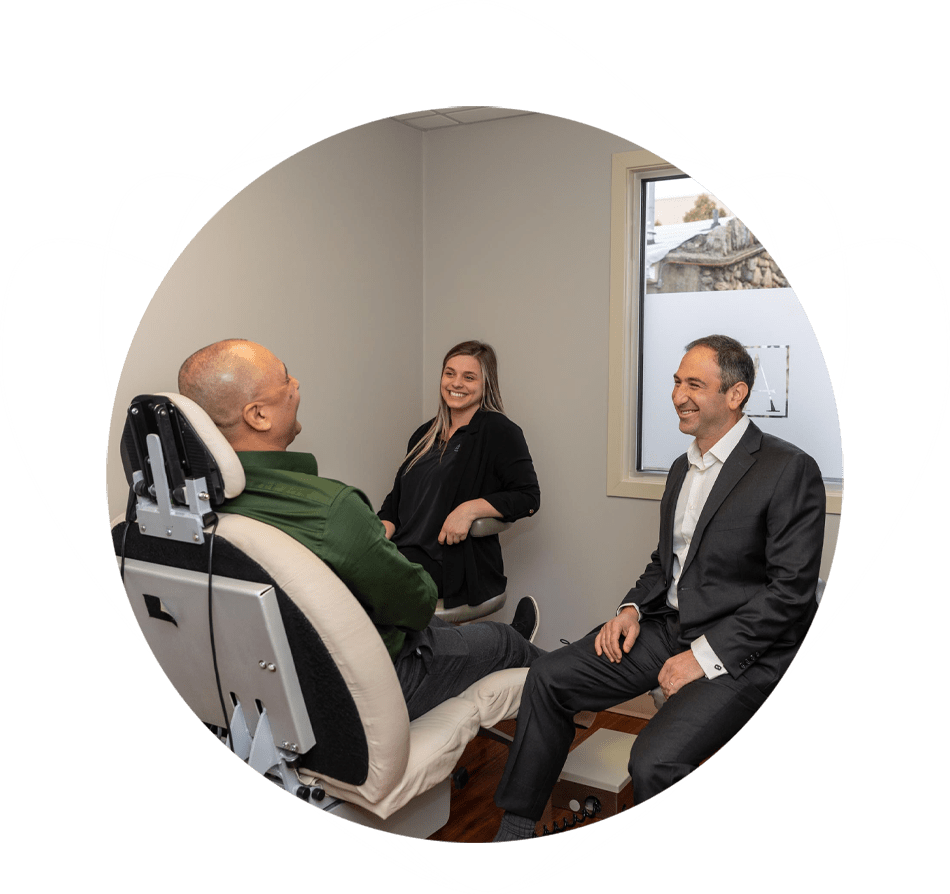Only recently have the medicinal qualities of cannabis been given any serious consideration. Though still, illegal federally (and in some states), deregulation that has taken place in the last decade has paved the way for more and more research to be done, such as using cannabis to treat PTSD, depression, and pain. Although research is still in the early phases, and long-term effects of heavy use have yet to be properly studied, most researchers are happy about the proliferation of research that has arrived. And with opioid overdoses skyrocketing in the past twenty years, alternative pain relief couldn’t come at a more welcome time.
Temporomandibular joint disorder or TMJD is a difficult-to-diagnose disorder that affects the connection between your jaw and your skull. Symptoms can vary significantly, as well as their severity, but generally include, jaw pain, migraine-like headaches, clicking in the jaw, and many others. Because pain can become so debilitating, many patients choose to seek treatments or alternative pain relief. Since medical marijuana is legal in New York, you might wonder whether it’s likely to help your TMJ pain.
Research Is Inconclusive
The medicinal uses for cannabis are promising for several disorders, but there is not yet substantial evidence that it can be used to treat TMJ. There have been a few studies that are, on the surface, promising. One study, in particular, found that a small number of cannabinoids could mitigate pain by increasing the effectiveness of other drugs administered to treat TMJ. However, other studies seem to suggest that there is little to no benefit.
Even long-held beliefs in the effectiveness of cannabis in treating chronic pain are not well documented, and still need more research to be conclusive. One of the largest studies tackling this issue, conducted by the University of New South Wales, looked at 1500 people with chronic pain for a period of four years and found that although many perceived that cannabis helped their pain, data doesn’t necessarily back this claim up. Many other users reported greater pain and more anxiety.
But what about Cannabidiol (also known as CBD) oil? Another study conducted on the treatment of chronic pain has found that evidence is once again shaky at best to prove claims bolstered by some that CBD oil has any effect on chronic pain. As CBD is never separated from tetrahydrocannabinol (also known as THC) in medical settings, there is no way to conclusively say whether CBD oil has any effect on chronic pain treatment or not.
Drug-Free Treatment Options
If you’re suffering from TMJ, there are several treatment options available to you — many of them not involving drugs at all. Many of these treatment options rely on helping the body to begin the healing process. TMJ pain is related to continuous damage caused to the joint, the inflammation that follows, and the body’s inability to heal itself before another injury occurs. That’s why working with your dentist to eliminate harmful habits such as chewing gum, and using methods such as a custom mouth splint, can help to put you on the road to recovery.
Using a bite splint similar to a mouth guard, your dentist can help to align your jaw perfectly to begin the healing process. These bite splints are specifically crafted to alleviate the pressure and bruxism your jaw is creating. This will slowly reduce inflammation and allow for your jaw to be realigned naturally. In some cases, bite splints can also be made to help align the jaw if the inflammation caused permanent misalignments.
Also, physical therapy has proven to help in the treatment of TMJ. Treatments may include a variety of jaw muscle strengthening stretches, moist heat and ice, and ultrasounds to see where the therapist needs to focus on when it comes to rehabilitation of the jaw.
Finding The Treatment You Need!
If your pain and suffering has been caused by TMJD, there is a cure for it. However, diagnosis can be a long and exhausting process. That is why the diagnosis of TMJD requires a qualified and experienced neuromuscular dentist for TMJ treatment. When it comes to the treatment of TMJD in and around Moghen Lake, New York, there is no better place to look than Advanced Dentistry. With an exhaustive amount of training and experience, our doctors shine through with their treatment of TMJD as a comprehensive, whole-body experience rather than the mitigation of just one part of what could be a much larger condition.
If you are in the Westchester County, New York area and believe you may be suffering from symptoms caused by TMJ, please call our office in Mohegan Lake, NY or contact experienced neuromuscular dentist Dr. George Sepiashvili for an initial consultation!





